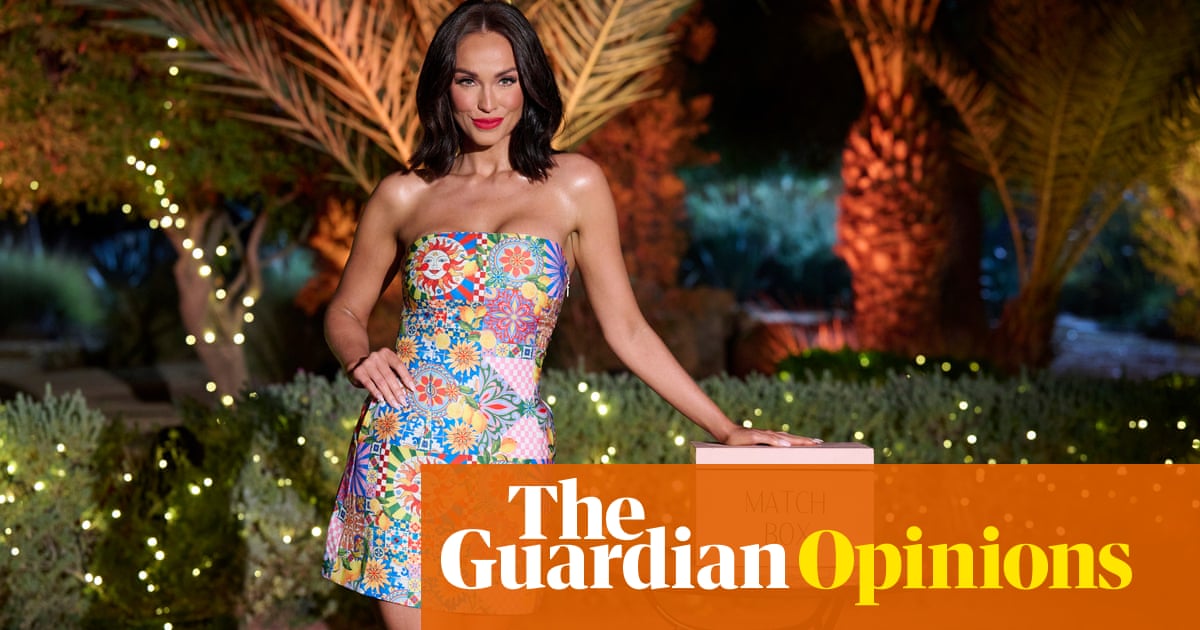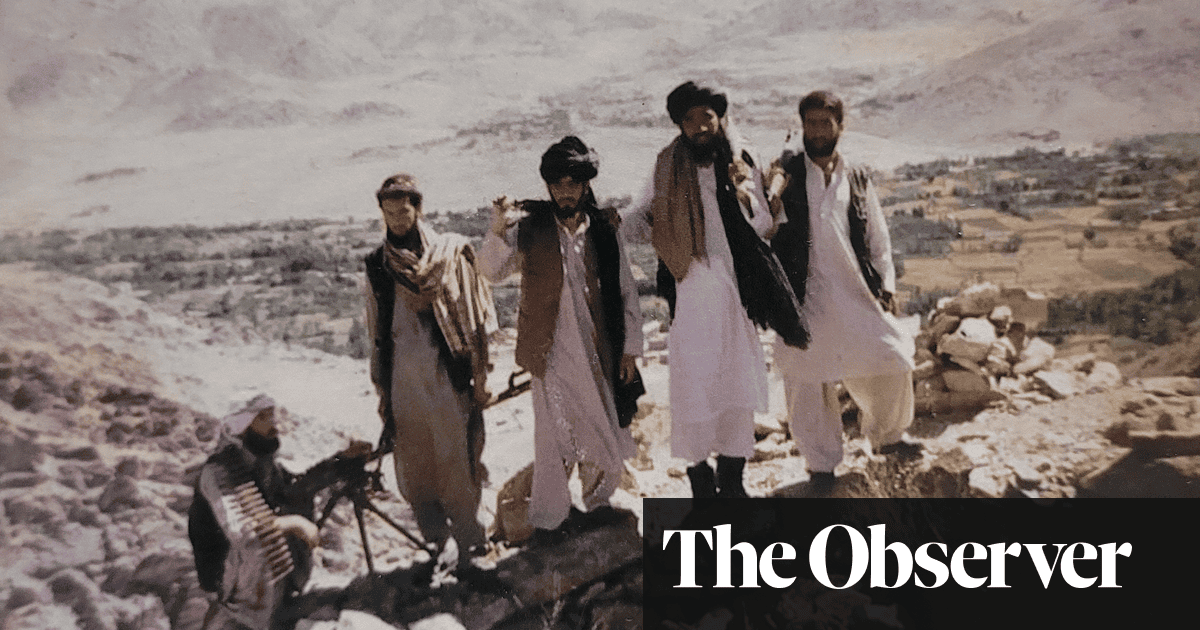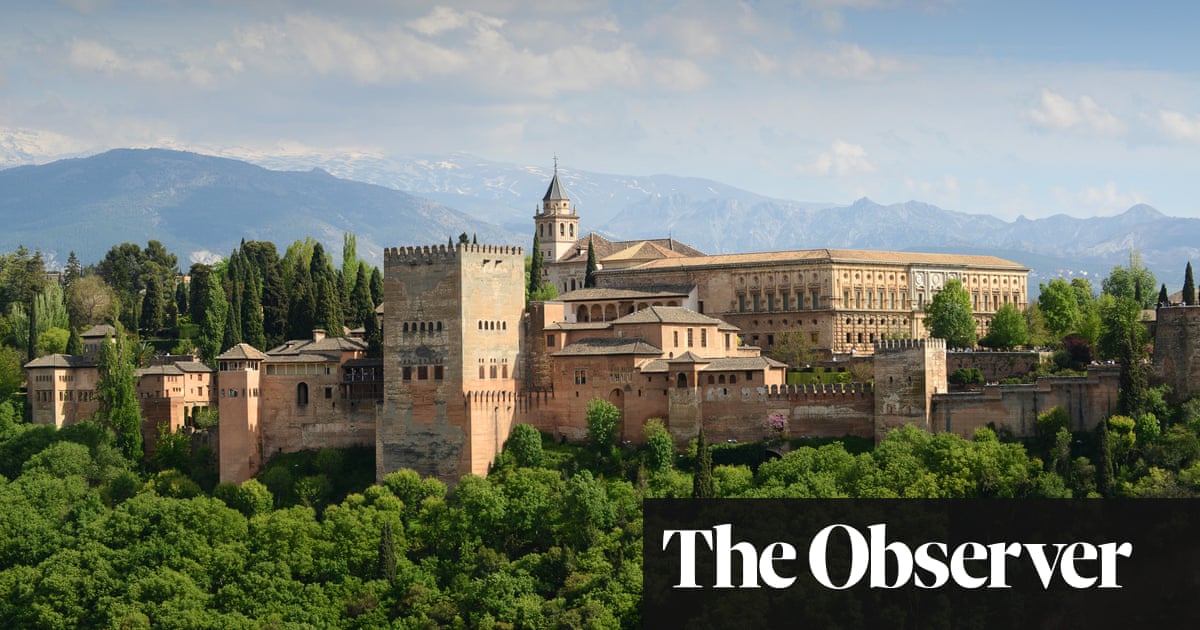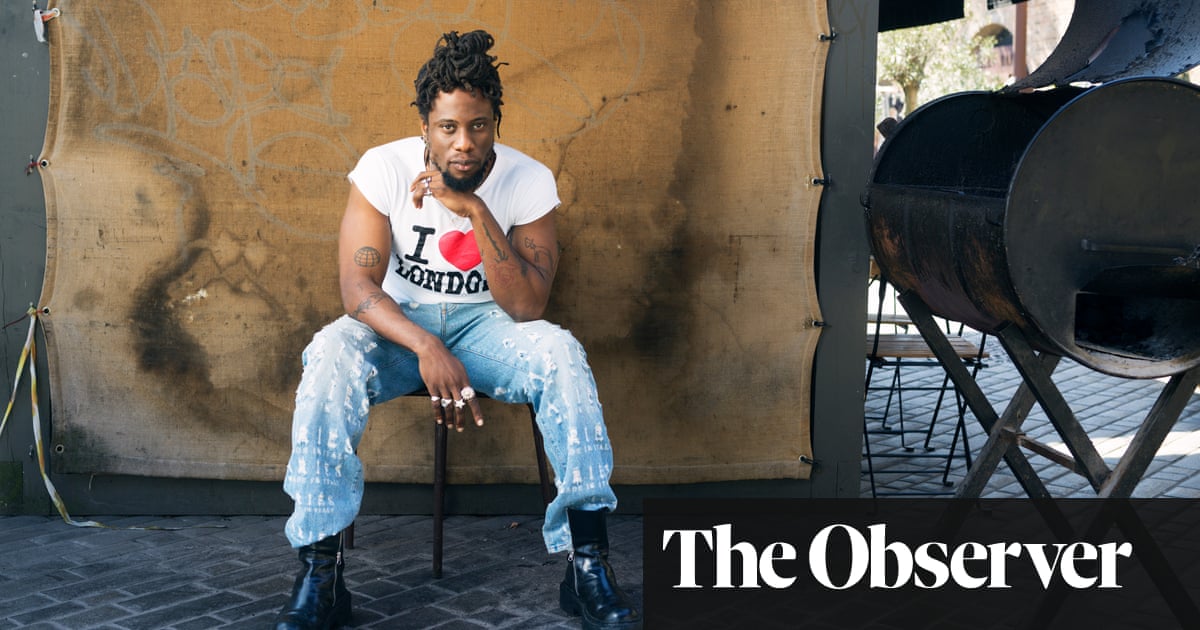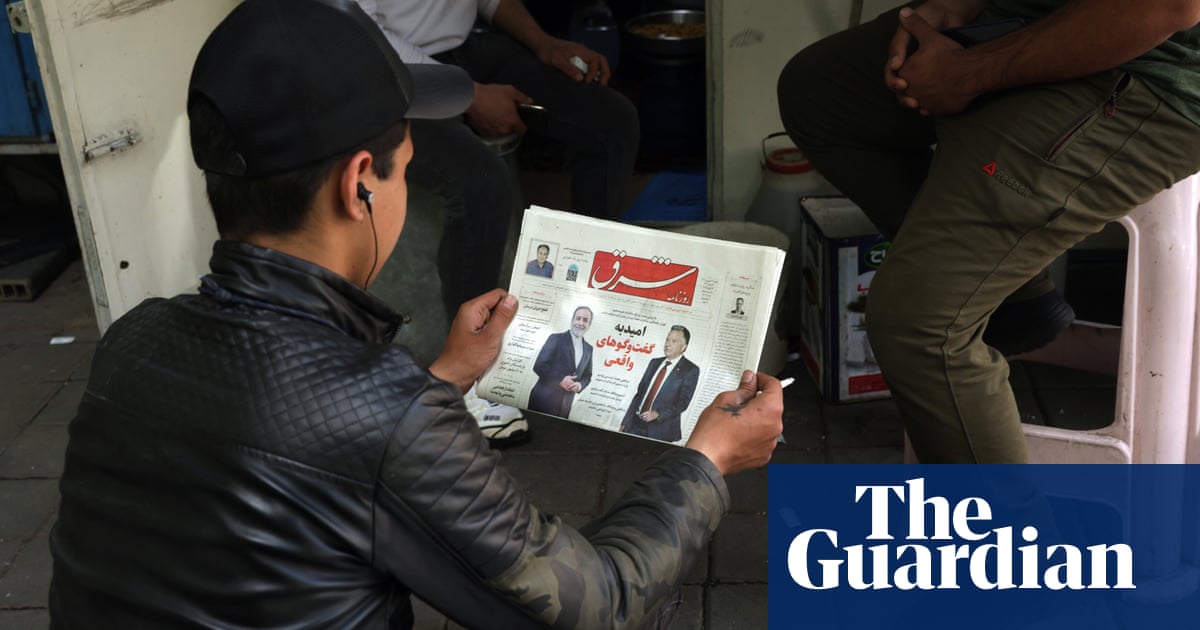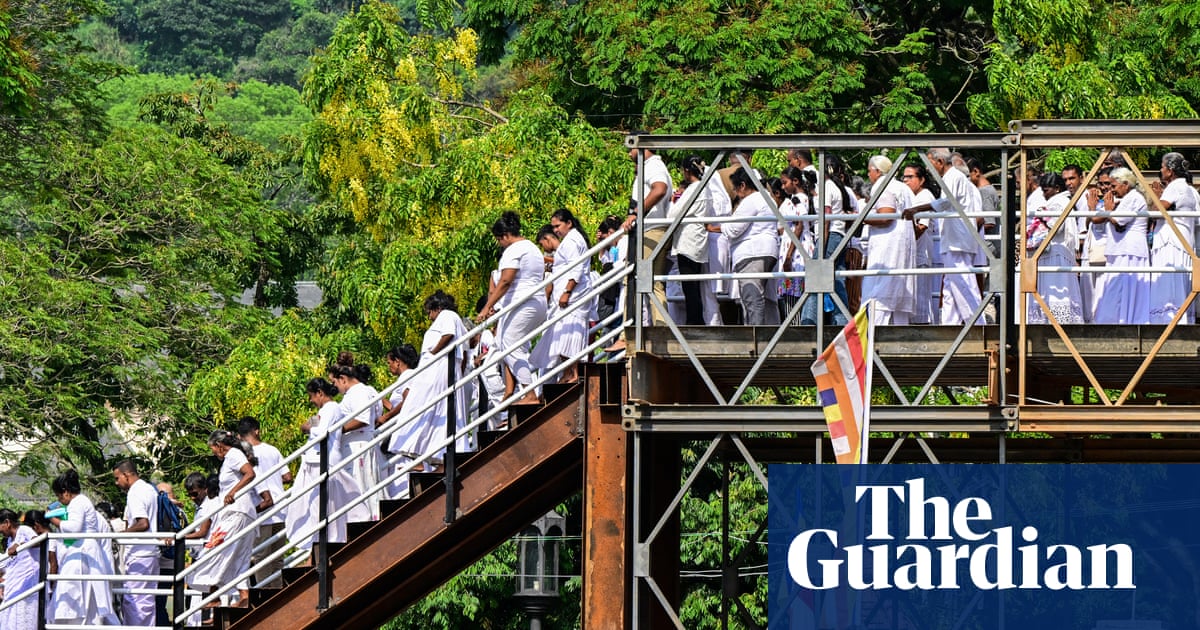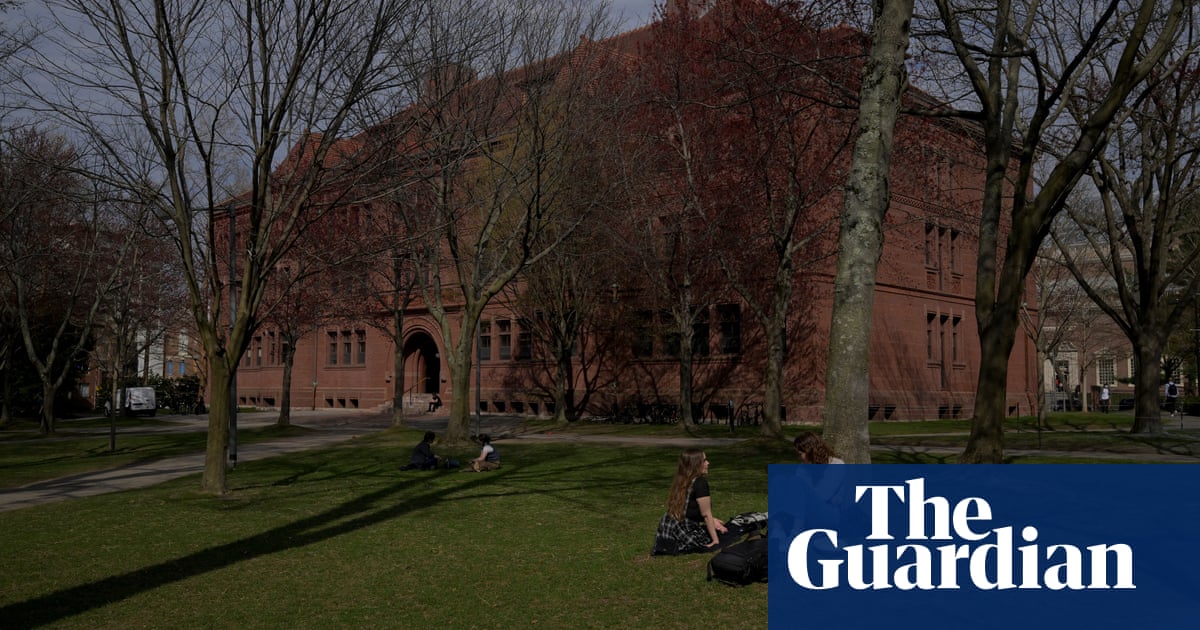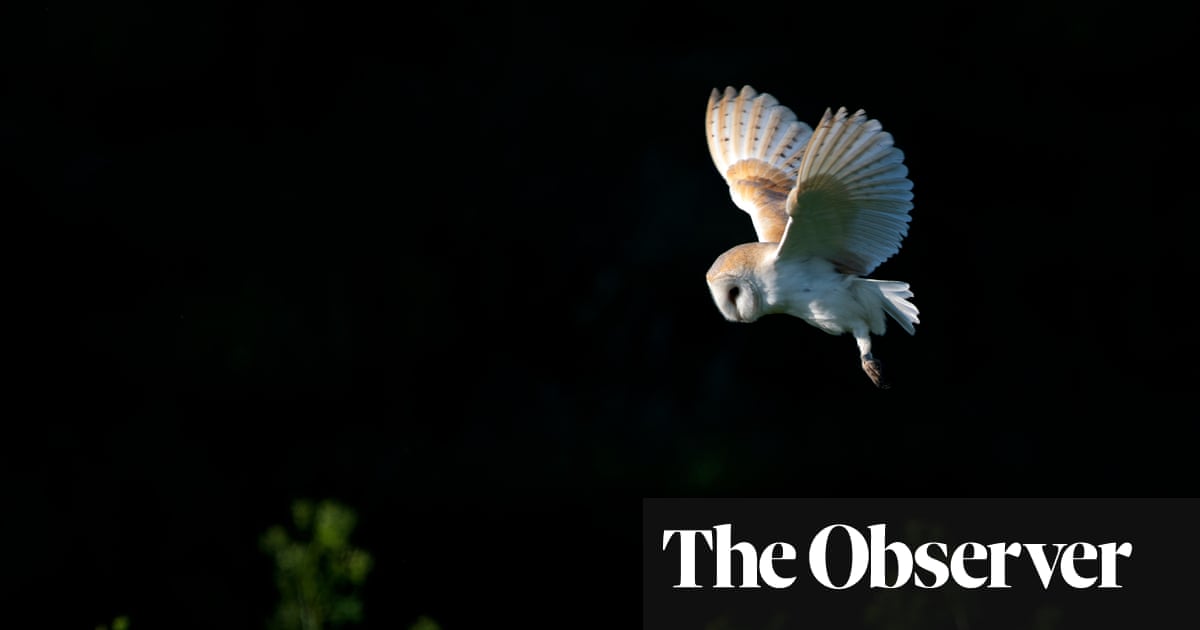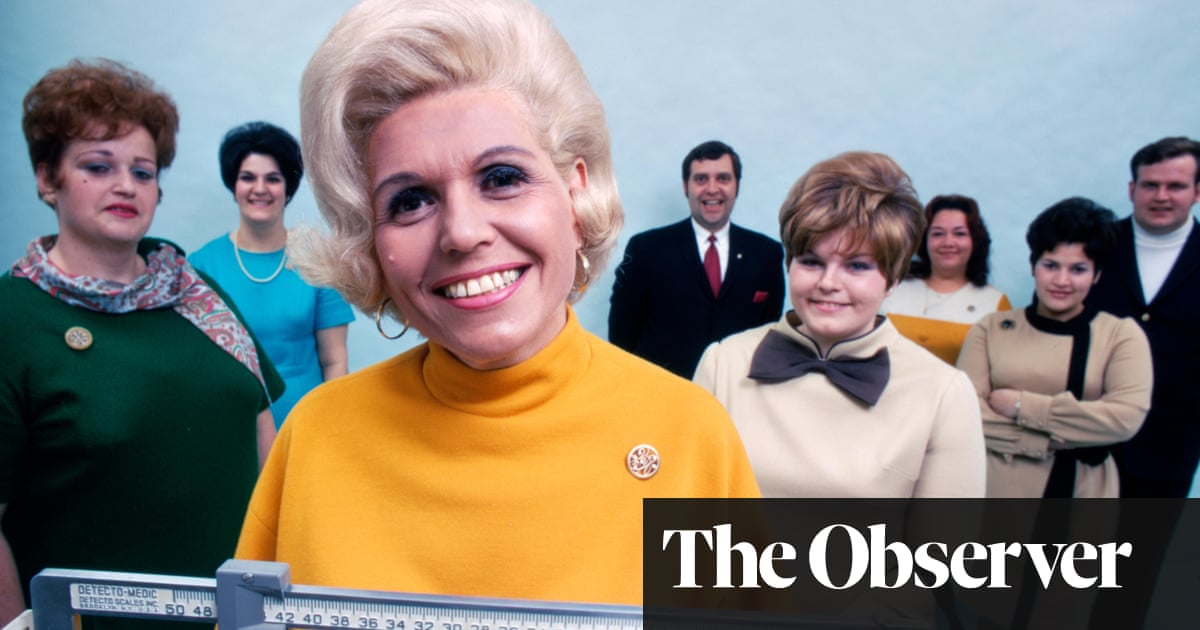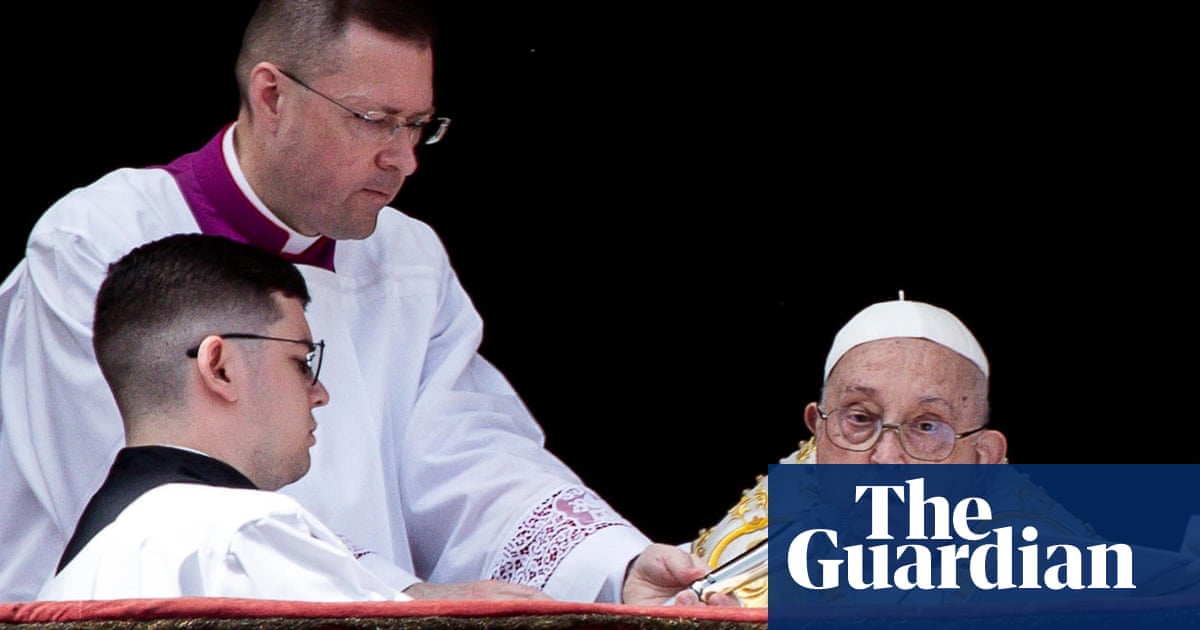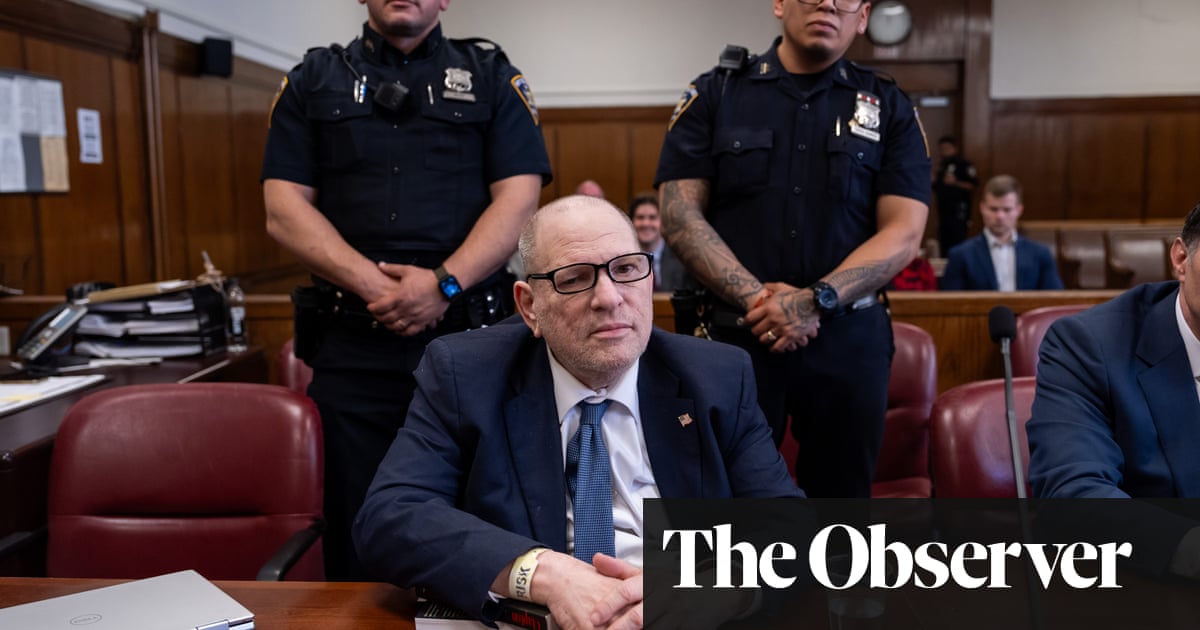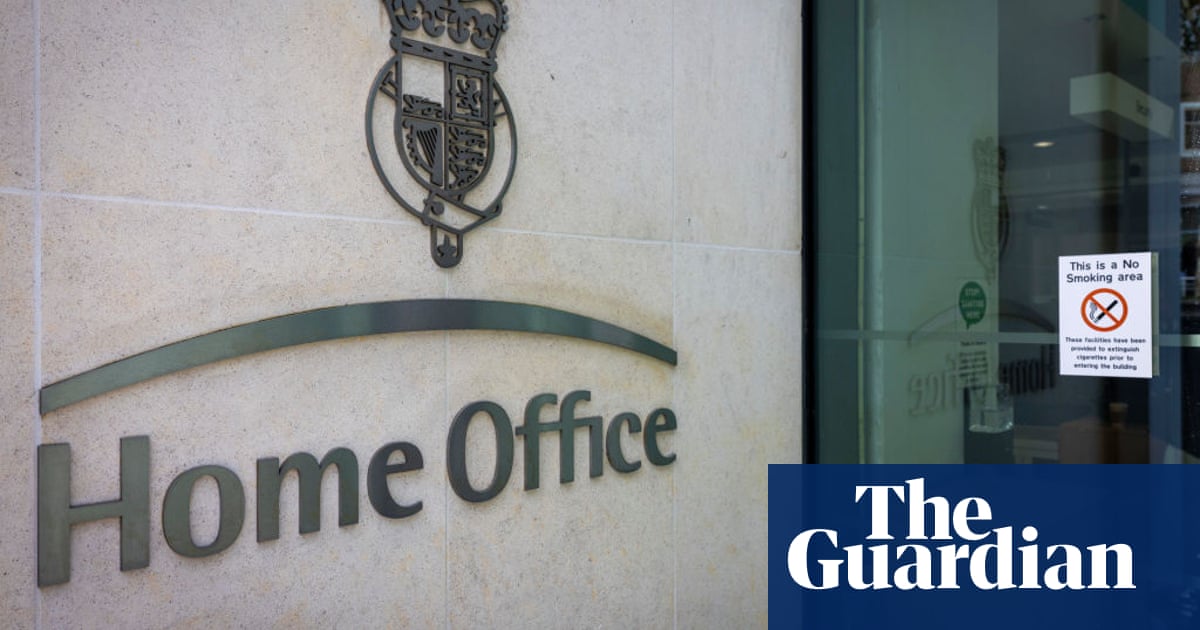Simon Schama, 79, is a writer, television presenter and professor of history and art history at Columbia University in New York. His bestselling, prize-winning books include The Embarrassment of Riches, about the Dutch Golden Age, and Citizens, a study of the French Revolution. His television series for the BBC include A History of Britain, Simon Schama’s Power of Art, and The Story of the Jews. His new series, Simon Schama’s The Story of Us, traces the history of postwar Britain in an effort to locate the origins of the current culture wars and to celebrate the art that has united us in the past.
How did you begin thinking about this series?
Well, I live most of my time in America, but I come back here often and it always pierces me. I’m heartfelt about it. I wanted to take the social pulse of Britain, and I wanted to look at our culture, our endless creativity. Ever since I was a nipper and my parents took me to the 1951 Festival of Britain on the South Bank three times – the first inanimate object I ever fell in love with was the Skylon [a futuristic, steel structure that appeared to have no visible means of support] – that has been such a source of delight to me.
You interview lots of celebrated figures in the series: Bono, Jarvis Cocker, Hanif Kureishi. Did you feel like a boy in a sweetshop, asking them to come on?
Yes! Of course sometimes the computer said no. But it was amazing how many said yes. One of the biggest surprises was Cliff Richard. We wanted to explore the backlash against the permissive society [the first episode features a famous clip of Richard singing at a Billy Graham rally in 1966], and I suggested him without a hope, really, of getting him. But he was incredibly kind and generous. Talking to people makes for a more inviting kind of television than – as a director I work with once said to me – “making speeches to the nation”. I’ve given up making speeches to the nation quite happily.
Cocker gently pointed out to you that by the time he became aware of Alan Sillitoe’s 1958 novel of working class life, Saturday Night and Sunday Morning, in the 1980s, the world it described had already disappeared.
Yes. We read that book at school, and we loved it. It was so much more fun than DH Lawrence, who came from the same town as Sillitoe [Nottingham]. As a boy, I had a suburban London romance with the north. I went with my father, a textile buyer, to the Courtaulds factory in Bolton. I remember going into the deafening sheds, the fabric clacking off the looms and resolving itself into these brilliant colours. But yes, for Jarvis, all that [British industry, plentiful employment] had gone.
The series makes some big claims, one of which is that the anti-immigration Conservative politician Enoch Powell “injected a pathogen” into British discourse that has not gone away. Do you stand by that?
Maybe I do give him too much power there. The Notting Hill race riots happened before his “rivers of blood” speech [in 1968]. But I do think that he gave those views a kind of authority; he was a learned man, a poet and a scholar. His speeches had rhetorical force, and we are a nation of word addicts. However, I also want to say that in all sorts of ways, we’re in a much more tolerant place now than we were then. I’m Mr Sunshine on that point.

Your view of immigration is diametrically opposed to that of Powell and his successors, isn’t it? You call it “another lease of life”.
It’s too late now to change my ingrained optimism about it. It’s part of my Jewish inheritance. I wouldn’t say my mum was a citizen of the world. She could be quite cranky. But she ran an old age centre in Stepney in the East End, and she was incredibly outgoing towards the incoming Bangladeshi community, even when a synagogue was likely to turn into a mosque. I’m not hiding from the fact there is pain and fearfulness involved in all this, but you have to do your bit. In my case, it’s such a pleasure that there’s a Persian cafe around the corner from my flat in London.
How are you feeling about the US’s new president? Are you tempted to come back to Britain?
No. My wife’s American, though I only have a British passport. My green card dates back to 1980. I do swing on Trump, though right now the needle’s moving towards red. During his first administration, the mitigating factors were the people he had around him, and the fact that he was so lazy. He doesn’t read – anything, ever. He just wants to make absurd pronouncements. But this time, you have to look at the enablers: Elon Musk, Vivek Ramaswamy [the tech entrepreneur and anti-woke crusader]. They’re sort of worrying. This time, he doesn’t have civically responsible secretaries of defence, and so on. I think he’s intoxicated by Putin’s example, which is why we now have this weird Theodore Roosevelt imperialist view [from him], like invading Greenland. On the foreign policy side, the most obviously awful prospect is the effective stopping of aid to Ukraine.
The Story of Us explicitly blames the internet for culture-war polarisation. What did you make of Mark Zuckerberg’s announcement that Facebook is to ditch its factcheckers?
It’s Orwellian. George Orwell is up there rolling his eyes. It’s a catastrophic sellout. The truth is not governed by majority popular vote. As my friend Mary Beard often says, history demands the vote of homework.
What culture have you been injecting yourself with while you’re here?
It’s mostly about art. I loved the Van Gogh show at the National Gallery; so many things from private collections. I don’t know if I’m going to hit Richard II [at the Bridge theatre]. As a boy, it was synagogue on Saturday and Shakespeare on Sunday for me. It sounds so pretentious, but when I was 10 or 11, my dad used to make me recite the speeches from Shakespeare I’d learned by heart. When I got a job at Harvard in 1980, I knew that would mean the loss of Shakespeare. I mean, there is Shakespeare in America, but it’s not the same. So I’m always Shakespeare-hungry…
-
Simon Schama’s The Story of Us is showing on BBC Two and is available on iPlayer

 3 months ago
46
3 months ago
46

